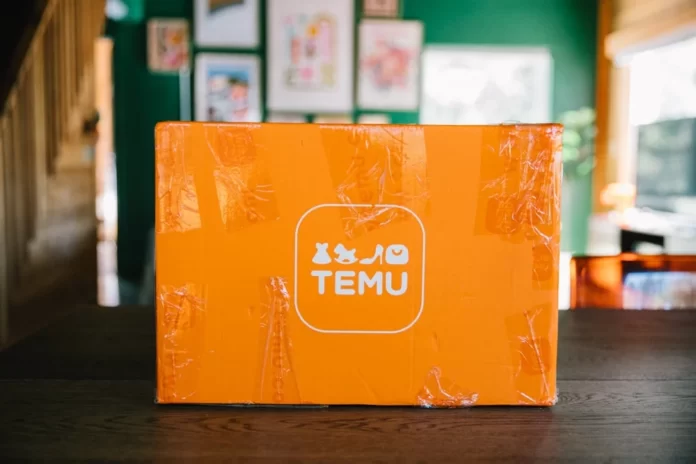The Competition Commission of Pakistan (CCP) has launched an investigation into Temu, a Chinese e-commerce platform, for allegedly engaging in misleading practices that are distorting the local market, according to a news report.
A coalition of local retailers and sellers, including the Chainstore Association of Pakistan (CAP), has formally raised concerns with the CCP, alleging that Temu’s actions are anti-competitive and damaging to both consumers and local businesses.
In its complaint, the association highlighted the growing influence of unregulated foreign e-commerce platforms like Temu and Shein, which operate freely in Pakistan via online portals without any physical or legal presence in the country.
According to the Chainstore Association, these platforms offer products at artificially low prices and under the De Minimis exemption, avoiding taxes and import duties. Meanwhile, local businesses comply with all relevant tax, customs, and regulatory requirements, creating an unfair and distorted market environment.
Temu, which entered the Pakistani market a few months ago, made its presence known through an aggressive digital advertising campaign, promoting substantial discounts and risk-free purchases.
These promotional tactics quickly attracted consumers but put local sellers at a disadvantage with their ability to match the scale and pricing offered by Temu.
The Chainstore Association also expressed concerns over the erosion of consumer protection, quality control, and regulatory oversight, as local businesses are displaced by foreign platforms. Moreover, Temu’s practice of encouraging pre-payments in foreign currency, without offering a cash-on-delivery option, is seen as potentially damaging to Pakistan’s current account balance.
In response, the CAP has urged the CCP to take action and initiate a formal investigation into the market practices of such foreign platforms. It said that regulatory bodies, including the Ministry of Commerce, the Federal Board of Revenue (FBR), and the Securities and Exchange Commission of Pakistan (SECP), collaborate to enforce registration and ensure fair competition in the sector.
CAP has also called for logistics companies to ensure that shipments only process valid commercial invoices and that parcels are accurately declared.
The CAP stresses that these practices undermine the competitiveness of Pakistan’s formal retail sector, manufacturers, and e-commerce players, posing long-term risks to the integrity of the country’s tax and trade ecosystem. They also accused Temu of violating fair competition principles, urging the CCP to take appropriate action.
A separate complaint has been filed by independent sellers through the Office of Fair Trade in Islamabad, alleging that Temu’s pricing strategy is predatory and harms local businesses.
Despite increasing evidence, customs authorities have taken limited action, with local businesses facing penalties for minor infractions while platforms like Temu continue to operate with minimal enforcement.




